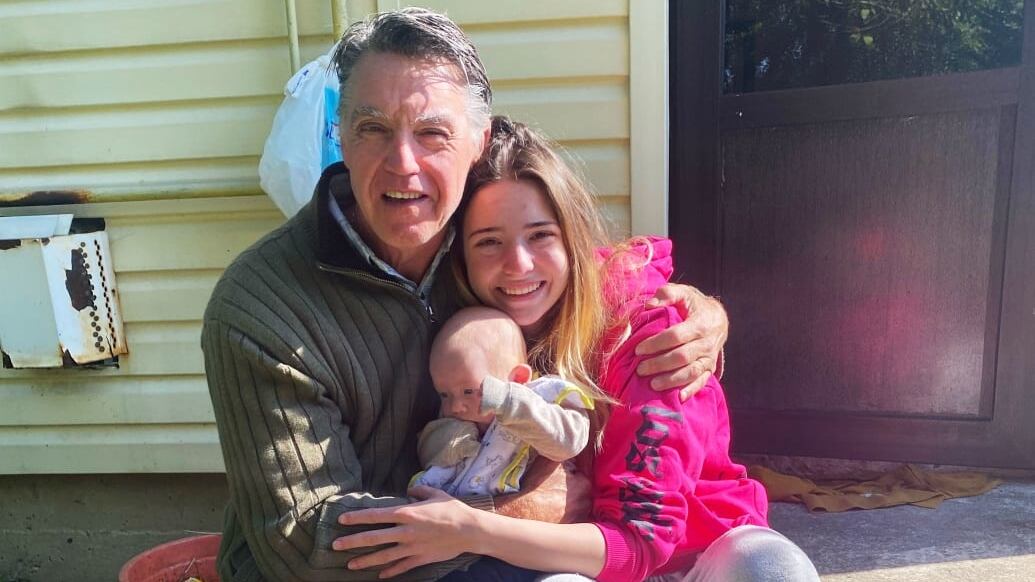World
Courtesy of the Hubbard Family
Grandfather Masterminds Harrowing Escape for Stranded Daughter, Baby Through Ukraine ‘Wilderness’
GETAWAY
Without a birth certificate, the American infant and his mother were trapped at the border for more than a week.

Trending Now





